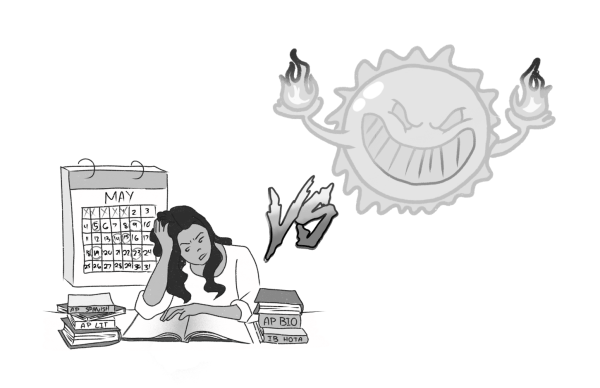Juul’s New Rules to Combat Teen Vaping Issue
Though unfortunate for some and relieving for many, usage of the infamous Juul around high school campuses (CHS included, admittedly) may be put to a screeching halt within the next few months. This will be a direct result of Juul’s recent adoption of an elaborate plan in an effort to combat teen nicotine usage, in part as a result of public upset and governmental pressures. The company, largely responsible for the 19.3 percent increase in teenage e-cigarette usage since 2011, will allegedly be making sure that contents existing in the mango flavored Juul pods will never reach the lungs of a minor again.
Time and time again, vaping has been regarded as a pressing issue among high school students, especially within the past two years. This has, in part, been the result of the popularization of Juul, a company possessing an ultimate goal of improving the lives of adult smokers in the US and eliminating cigarettes altogether. But ironically, Juul has blown up among teenagers, making their aesthetic appeal and variety of flavors entirely counterproductive. According to the 2018 National Youth Tobacco Survey, one in five high school kids currently use e-cigarettes as of this year. Considering Juul now accounts for 70 percent of all e-cigarette sales, it is fair to assume that a large portion of these high school students are now using Juul.
With this in mind, this month Juul announced a series of actions they would be taking in order to combat teen usage. This includes restricting the sales of flavored JUUL pods (mango, fruit, cucumber, and creme), enhancing their e-commerce platform to ensure consumers are at least 21 years old, exiting U.S. social media platforms (Facebook and Instagram), supporting effective legislation and regulation to prevent purchase by minors, pledging $30 million over the next three years to independent research, youth education and community engagement, and more.
“We support reasonable regulation of nicotine products and comply with all relevant laws and regulations. We share public health concerns about cigarettes; in fact, they constitute our company’s mission,” Juul recently announced on their website. “We did not create JUUL to undermine years of effective tobacco control, and we do not want to see a new generation of smokers. We believe JUUL can accelerate cigarette displacement. We are committed to understanding JUUL’s performance and impact. Incorporating the latest research from leading scientists in the field drives our innovation.”
It would be a matter of months before Juul’s alleged goal could potentially manifest. The company, along with others concerned with youth nicotine addiction, can only hope that the 19.3 percent of teenagers currently using e-cigarettes decreases significantly in the near future.
Hello there! Our goal is to provide relavent, engaging journalism for readers of all ages. Your donation will support the student journalists of the Wolfpacket at Claremont High School, and will allow us to purchase equipment, print our monthly issues, and enter in journalism competitions. We appreciate your consideration!

Claire Judson has been a Wolfpacket staff member since her sophomore year, and has served as a reporter, Business Manager, Assistant News Editor, and now...






